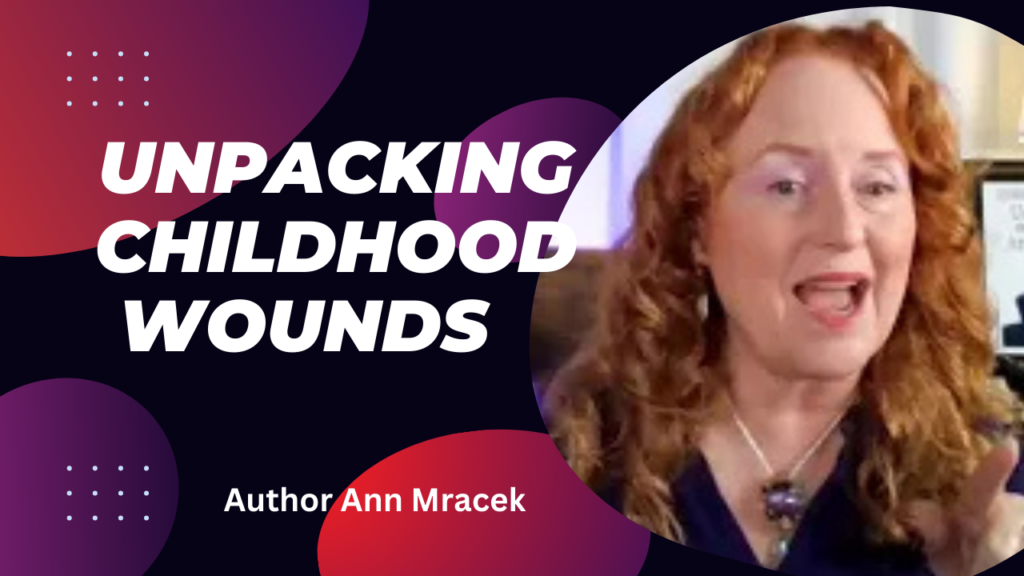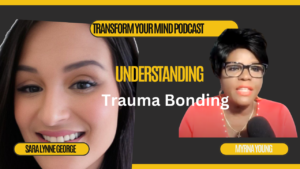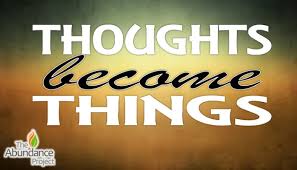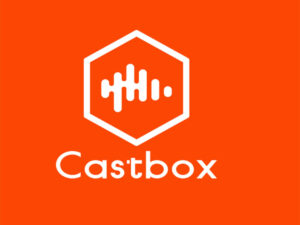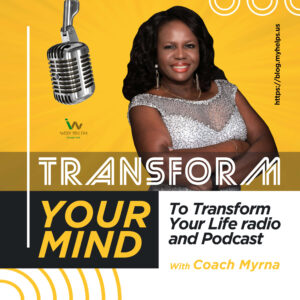Join the conversation with Ann Mracek, author of “Unpacking the Attic,” as she explores healing childhood wounds and the journey of retrospection. Ann shares stories from her personal journey of clearing out her parents’ home, uncovering long-forgotten memories, and finding healing through forgiveness and understanding. Discover the five types of childhood wounds—rejection, abandonment, humiliation, betrayal, and injustice—and learn how you can begin to heal and move forward. Ann also offers practical tips for helping parents transition to assisted living and the transformative power of forgiveness.
In the quest for personal growth and well-being, one often overlooked aspect is the impact of childhood wounds. These early experiences can cast long shadows over our adult lives. The journey of healing these wounds is not only transformative but can lead to a profound sense of empowerment. In this thought-provoking discussion, the themes of introspection, forgiveness, and healing take center stage as Anne Maracek, author of Unpacking the Attic, shares insights into addressing childhood wounds and fostering inner growth.
Download the podcast here:
Key Takeaways
Childhood experiences, especially those involving trauma and emotional wounds, profoundly influence adulthood but can be healed through deliberate introspection and practices.
Healing from childhood wounds involves embracing retrospection, granting forgiveness to oneself and others, and acknowledging broader contexts of past incidents.
Transformative healing leads to liberation from past traumas, allowing one’s true self to emerge and aligning life more closely with one’s soul’s purpose.

Understanding and Unpacking Childhood Wounds
The transcript reveals a powerful dialogue about the impact of childhood wounds on adult life and the journey toward healing. Anne Maracek shares her personal experience, recounting how unpacking physical items from her parents’ home triggered memories and emotions she had long forgotten. As childhood artifacts emerged, they unlocked suppressed memories and emotional responses. “As literally the items from my childhood were taken out of the attic, I was reliving memories,” she explains. This beckons to the universal truth that our past often lingers subconsciously, influencing our present behaviors.
Through the lens of Mracek’s experience, one learns that significant healing opportunities arise when we confront these old wounds directly. Smells and physical items can serve as powerful memory triggers, offering a chance to reinterpret past experiences in a healthier light. Reflecting on a memory of feeling rejected by her grandfather, Maracek describes how she transformed the narrative from self-blame into understanding his grief-filled context. “I realized there was nothing wrong with that four-year-old sitting on the couch, Pop was broken,” she shares. This pivotal moment highlights how acknowledging the broader context can facilitate healing.
Five Types of Childhood Wounds and their Healing
The conversation transitions into a deeper exploration of specific childhood wounds: rejection, abandonment, humiliation, betrayal, and injustice. These wounds are universal, yet deeply personal, shaping individual paths in distinct ways. For Maracek, the frequent absences and arguments of her parents were formative, planting seeds of fear and abandonment that blossomed into adult anxieties. “I was abandoned over and over again,” she recalls, emphasizing the intense impact of these recurring experiences.
The power of retrospection as a healing tool stands out prominently. By revisiting these painful memories with an adult perspective, rather than a child’s fear and misunderstanding, individuals can break free from emotional chains. Addressing her fears of abandonment in her marriage, Maracek found that understanding her reactions allowed her and her husband to heal together. “Finding the source of that insecurity and reframing it now with an adult perspective,” was essential, she notes, providing a blueprint for readers facing similar struggles.
This revelation underscores the transformative potential of self-forgiveness and forgiveness towards others, which Maracek describes as liberating. Granting forgiveness means freeing oneself from the emotional burdens of past hurts that otherwise reserve space in one’s heart and mind.
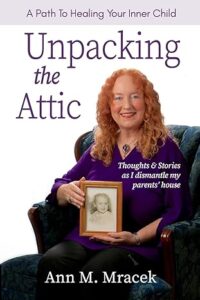
Navigating Parental Transitions and Emotional Attachments
The practical challenges of transitioning aging parents, whether to assisted living or through the passing of time, add another layer to the emotional landscape explored by Mracek. As she navigated emptying her parents’ home, the process mirrored the internal work of unpacking emotional baggage. “Have a very clear vision of what your goals are,” Maracek advises, emphasizing the importance of organization and emotional readiness.
While the physical task involved sorting and repurposing items, this practical approach metaphorically aligned with sorting through emotional memories. Mracek’s method of negotiating belongings with family members—assigning colored dots to indicate interest—became a negotiation of memories: what to keep, what to let go. She notes: “There are things I definitely had an emotional attachment to,” illustrating how material possessions often anchor us to emotional narratives.
Through this journey, Mracek offers a poignant reminder that while items may hold sentimental value, they also represent opportunities for growth and healing. This approach equips readers with strategies to handle their own similar experiences, transforming daunting transitions into meaningful opportunities for healing and closure.
Reflecting on Soul Alignment and the Path Forward
Peeling back layers of childhood experience not only unveils pain but also the path to liberation and alignment with one’s soul’s purpose. As Mracek eloquently states, “Always ask yourself, how does this align with my soul’s purpose and forgive and love yourself.” The recurring invitation to reassess our past from a place of compassion rather than criticism resonates as a core pillar for life transformation.
By retracing our steps through your childhood wounds, we come to understand that the reflections seen in adult fear or stagnation are often echoes of a child’s misunderstood world. As Mracek demonstrates, forgiveness—both self-forgiveness and forgiving others—dismantles the prison of past pains, ushering in freedom and empowerment.
The journey of healing childhood wounds is not just about transformation but a rebirth into authenticity, empowering individuals to live lives true to their deepest purposes and passions. By realigning with one’s true self, life becomes filled with possibility, joy, and the tranquility of a forgiving heart.

